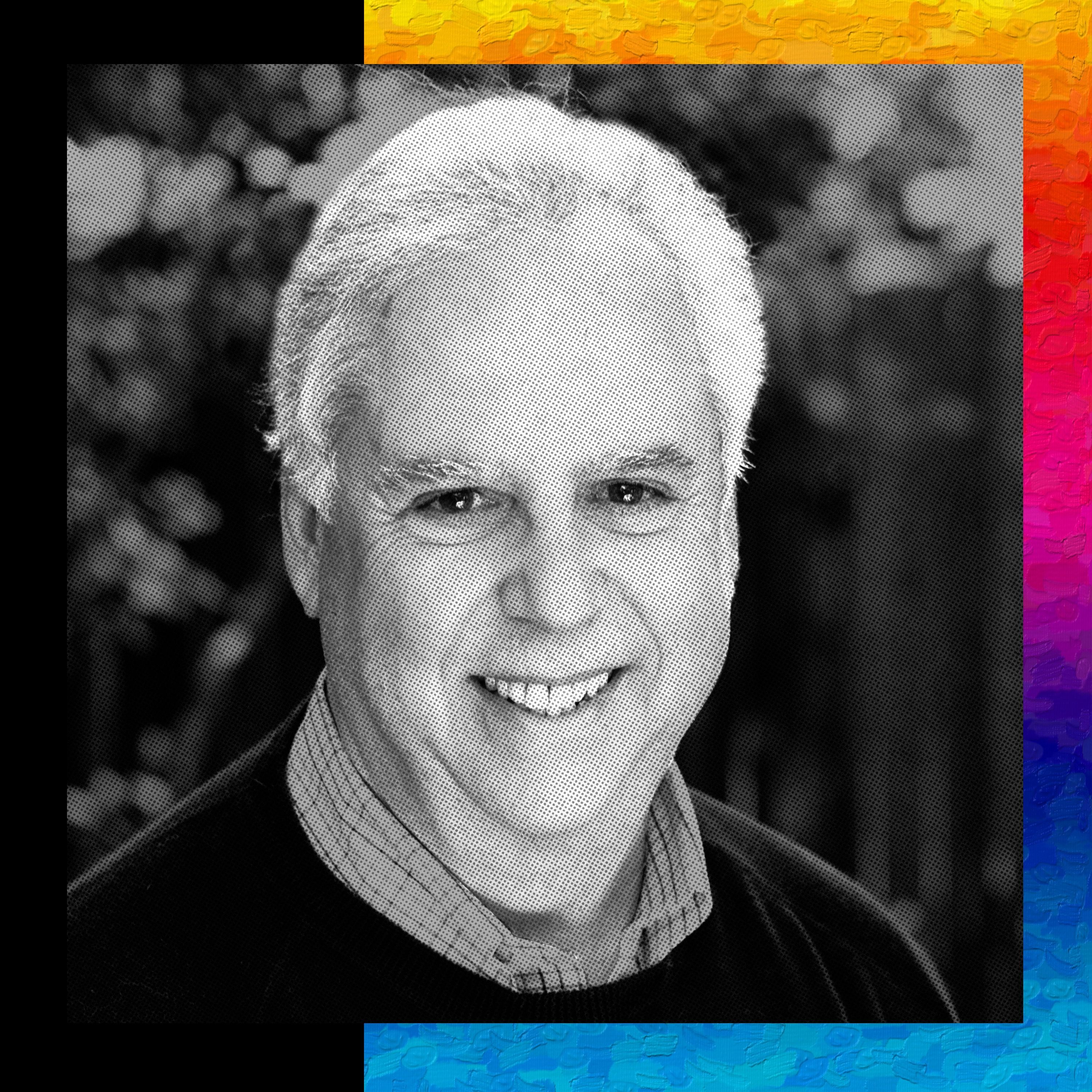
August 1, 2022 • 45min
Mark Leslie: Silicon Valley Go-to-Market Legend (Part 1)
Pattern Breakers

Key Takeaways
- Mark Leslie's career path: Started at IBM, moved to startups, founded Veritas Systems which grew to $1.5B in revenue
- Importance of learning from failures: Leslie's experience at his first startup Synapse taught him to focus on self-improvement rather than blaming others
- Leadership during crises: When facing challenges, stay calm, look for opportunities, and take action rather than just suffering
- The Sales Learning Curve: Leslie developed this framework to help startups avoid prematurely scaling their sales teams before they truly understand how to sell their product
- Phases of the Sales Learning Curve: Initiation (hiring "renaissance" salespeople), Transition (tracking metrics to reach breakeven), and Execution (scaling with process-driven sales)
- Impact on venture capital: The Sales Learning Curve framework has changed VC expectations for early-stage startups, focusing more on figuring out the sales model rather than just hitting revenue targets
Introduction
Mark Leslie is a renowned figure in Silicon Valley, known for co-founding Veritas Systems in the 1990s and growing it to $1.5 billion in revenue with 6,000 employees in just a decade. Now a lecturer at Stanford's Graduate School of Business, Leslie is considered one of the foremost experts in go-to-market strategy. In this interview with Mike Maples Jr. of FLOODGATE, Leslie discusses his career journey, the strategies that led to Veritas' success, and the origins of his influential Sales Learning Curve framework.
Topics Discussed
Early Career and Path to Startups (02:14)
Leslie began his career at IBM in the late 1960s, during the early days of the computer industry. His experience there sparked his interest in startups:
- Joined Scientific Data Systems (SDS) after IBM
- At age 23, realized his goal: "What I want to do with my career, my business life is found, build and run an important computer company in the industry, public scale, et cetera."
- This clear vision guided his future career decisions
First Startup Experience - Synapse Computer (09:28)
Leslie's first startup, Synapse Computer, provided valuable lessons:
- Raised $35 million over 4 years in the early 1980s
- Built an online transaction processing computer with multiple processors
- Key challenge: Each customer required custom development, making it difficult to scale
- Leslie was fired after 4 years due to fundraising stress
Leslie's reflection on this experience was crucial: "I'm going to be better and not bitter. So I'm not going to spend any time thinking about what other people could or woulda should have done. I'm only spend time saying, what did I learn from this and how can I be better?"
Turnaround at Rugged Digital (13:54)
After Synapse, Leslie led a turnaround at a military computer company:
- Joined as the 4th CEO in 2 years
- Grew revenue from $2 million to $32 million in 4 years
- Decided to sell the company when he saw the business commoditizing
Founding of Veritas Systems (15:54)
Leslie's experience at Veritas Systems was a defining moment in his career:
- Joined a restructured company (formerly Tolerant Systems) building Unix software
- Key partnership with AT&T gave Leslie confidence in the company's potential
- Leslie's vision: "I believe in the next ten years that Unix is going to supplant IBM as a mainstream computing facility in the computing industry."
- Veritas went public in 1993 with four profitable quarters on $10 million revenue
Overcoming Challenges at Veritas (22:07)
Leslie recounts a critical moment shortly after Veritas went public:
- A key contract was canceled, threatening their first quarter as a public company
- Leslie's approach: "We deserve to get canceled. We did a terrible job on this. We ought to go figure out how not to do this again, but we shouldn't do it today because we really don't want to focus on fixing the blame."
- Creative solutions included asking the client for partial payment and accelerating another deal
This experience taught Leslie an important lesson about leadership during crises: "Every startup has black days, there's no question about it. And the question to a leader is, what do you do with that black day? It's kind of stay calm. You look for opportunity. You get people to focus on light at the end of the tunnel instead of the darkness in the tunnel. You don't sit and suffer. You act. You do something."
Veritas' Growth and Success (28:10)
Veritas experienced tremendous growth under Leslie's leadership:
- Went public at a $64 million valuation
- Peaked at $64 billion market cap during the dot-com bubble
- At its height, generating about $400 million in annual cash flow
The Sales Learning Curve (28:57)
Leslie developed the Sales Learning Curve framework based on his observations of startup failures:
- Many startups hired large sales teams immediately after product launch, leading to high failure rates
- Realized there were many factors beyond engineering that determined product readiness
- Drew inspiration from the manufacturing learning curve in the semiconductor industry
Leslie's epiphany: "The manufacturing learning curve is to manufacturing what the sales learning curve is to go to market."
Three Phases of the Sales Learning Curve (34:48)
Leslie breaks down the Sales Learning Curve into three distinct phases:
1. Initiation Phase
- Hire 3 "renaissance" salespeople who can understand technology and adapt
- Goal: Gather data and learn about the sales process
2. Transition Phase
- Track metrics to understand progress towards breakeven point
- Breakeven: When revenue per rep equals their fully loaded cost
3. Execution Phase
- Revenue per rep is at or above desired quota
- Can hire experienced salespeople from established companies
- Sales organization becomes process-driven, like "infantry" in the military
Impact of the Sales Learning Curve (42:07)
Leslie's framework has had a significant impact on the startup and venture capital ecosystem:
- Provides a structure for understanding common startup sales challenges
- Has changed VC expectations for early-stage companies
- Focuses on figuring out the sales model rather than just hitting revenue targets
Leslie reflects on the framework's reception: "Today I meet people who I've never met before. And, you know, it comes up in conversation and they say, oh, you're that guy that wrote that paper. Because a lot of people now have read that paper besides the people I originally evangelized it to."
Conclusion
Mark Leslie's journey from IBM to founding Veritas Systems and developing the Sales Learning Curve framework offers valuable insights for entrepreneurs and business leaders. His experiences highlight the importance of learning from failures, staying calm during crises, and understanding the complexities of scaling a sales organization. The Sales Learning Curve has become an influential tool in the startup world, helping companies avoid premature scaling and focus on truly understanding their go-to-market strategy before aggressively expanding their sales teams.
Leslie's career demonstrates the power of having a clear vision, adapting to challenges, and continuously learning from experiences. His contributions to both the practical world of building successful companies and the theoretical understanding of startup growth have left a lasting impact on Silicon Valley and beyond.







